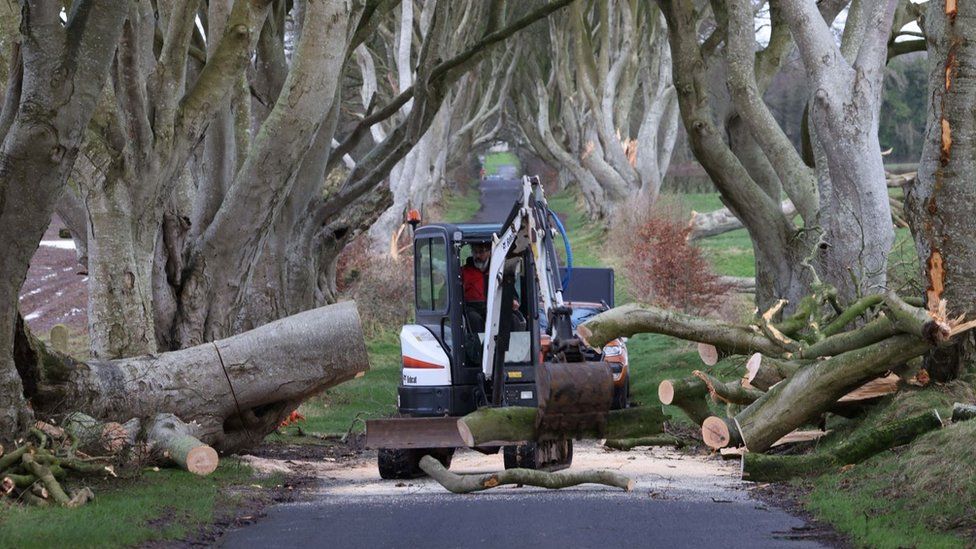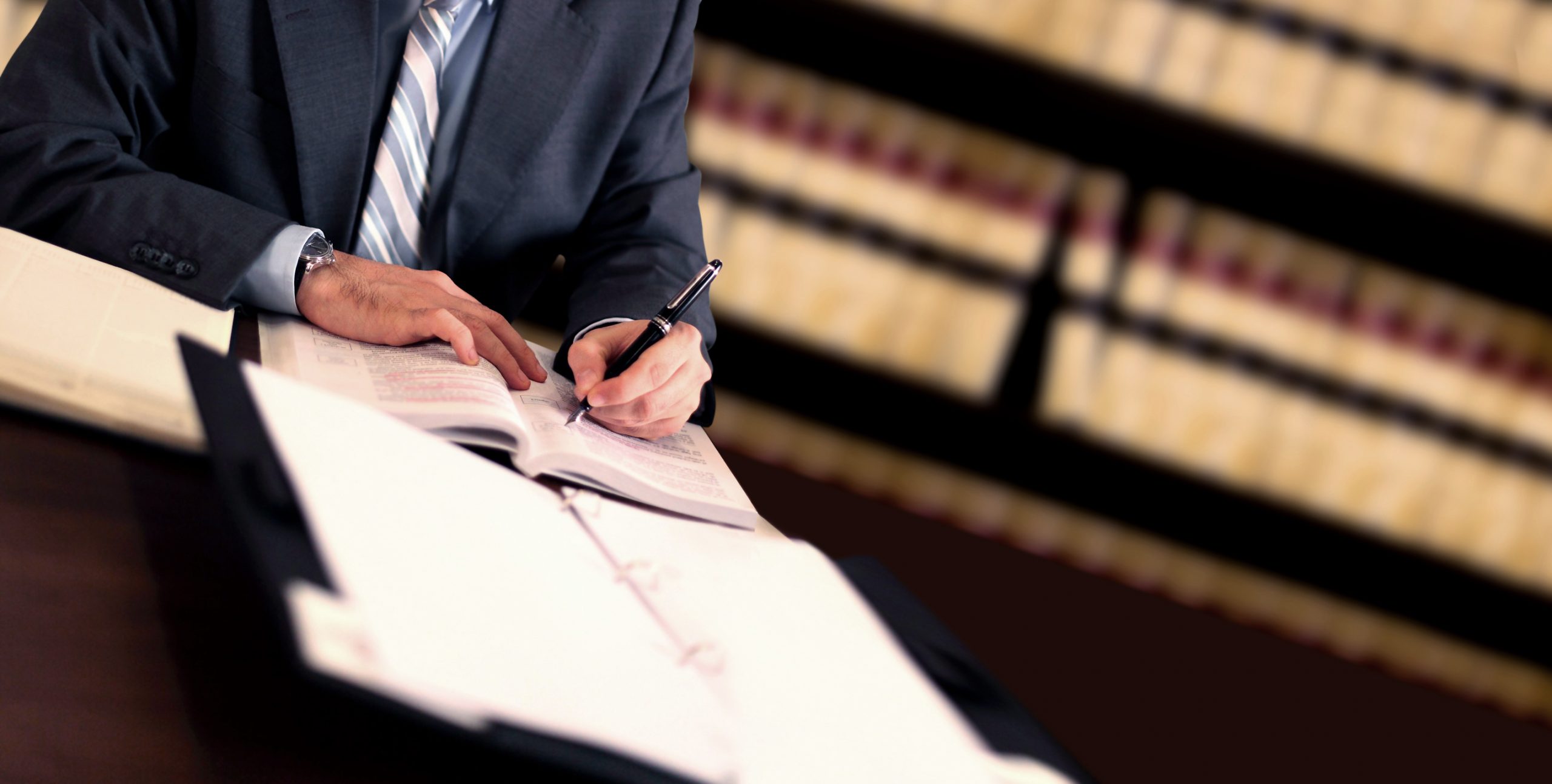7 Strategies to Further Professional Development in Your 20s

Professional Development
The strong old 20s. Not the Gatsby 20s, the 20s. The third decade of our lives is typically an exciting roller coaster ride full of suspense, desire, and difficulty.
Independence goes hand and hand with our first glimpses of adult obligation, and responsibilities tend to overtake recklessness.
We become mindful of the reality that our fate now rests in our possession. Via successes, lessons, and defeats, our lives advance in a specific way. As such, professional development becomes a central aspect of our 20s.
Table of Contents
The Perfect Approaches To Further Professional Development In Your 20s
Character growth is important, and our 20s pave the way for the subsequent decades. On this basis, here are 7 directions to further professional development in your 20s.
1. Identify Your Strengths And Shortcomings
Our 20s encompass several obstacles. Identifying our strengths and shortcomings may be one of the toughest. Before starting college and later the work market, most individuals have a general understanding of their talents and weaknesses.
What other people don’t have is practice. You may be brilliant in mathematics, but you have never used your maths in a business-related way.
Working out whether you are merely fantastic at statistics or genuinely adroit in stock market deals would be one of the easiest approaches to further professional development in your 20s.
Consequently, your 20s can be a decade during which you gain talent-seeking expertise. In other terms, figure out what the strengths are.
Of necessity, in certain sectors, skill would not be enough. But the insight you acquire during your 20s would have a significant effect on whether you know about your abilities. And if you do, you’ll have the emotional motivation to continue an effort toward using your ability and making it into a profession.
2. Understand The Importance Of Items, Resources, Information, And Skills
Learning prioritization — as in focusing your energies surrounding material belongings, resources, expertise, and skills toward the right areas — is one of the most successful ways to further personal development in your 20s.
What does this say in practice?
In brief, our 20s always form our minds when it comes to allocating our time and money.
How much time do we waste seeking material wealth? How much work can we bring into learning new skills? Should we prioritize big acquisitions like real estate, or do we pursue new experiences abroad?
Many of these issues typically pop up in our 20s, rendering them integral routes to personal development. And if you can’t locate a solution to any of them, delaying them is usually a poor decision.
Once you get older and more weighed down, you might not be able to spend as much time and energy into mastering a new topic or practicing a new profession.

3. Become Proficient In At Least One New Language
In the 21st century, learning many languages is becoming the standard.
Let’s use Europe as a case. According to a 2016 Eurostat study, over 66 percent of working-age Europeans speak at least one foreign language.
In the US, the number of native Spanish speakers who speak English as their second language is now well over 40 million, and the wave of multilingualism is here to stay.
That’s why mastering a second language is one of the most useful ways to further professional development in your 20s.
4. Know How To Be In A Serious Partnership
Millennials and their view of relationships are a tricky topic. In an age of dating apps and a general inability to commit, casual affairs are becoming almost more normal than committed marriages.
There is, though, no doubt that being in a committed relationship at least once in your 20s would help you on multiple ways.
Apart from cultivating character growth, a serious friendship will teach you reciprocity, unconditionality, and encouragement.
Most of us don’t share our life with our first love. Many of us, nonetheless, recall the first moment we encountered a friendship. These fond memories typically help us internalize the lessons we learned during our first significant interaction.
5. Understand The Disparity Between Pleasure And Fulfillment
In our youth, we want pleasure and fun. Wild party evenings, campfires by the forest, and our first road trips always transform into “happy memories.”
In our 20s, on the other side, we start to comprehend the distinction between pleasure and fulfillment. Happiness – as in sharing wonderful hours with our childhood sweetheart – encompasses fleeting surges of pleasure.
Satisfaction is a sustained condition of being happy with oneself.
As we grow more experienced, we tend to understand that youthful pleasure is fleeting. Well-earned happiness, on the opposite, will linger for decades.
Genuine happiness is, thus, a far more favorable condition.
As Clive Barker once said: “Any fool can be happy.” In other words, forging your fulfillment through hard work, ambition, and perseverance can be worth far more in the long run than brief spells of pleasure.

6. Become Adept In Loss
“Success is stumbling from failure to failure with no loss of enthusiasm.” – Winston Churchill
As most of us realize at some stage in our life, discomfort and loss are inevitable. Our 20s are also full of challenges, difficulties, and trial-and-error encounters.
What matters is how we respond.
Instead of being scared of defeat, we need to welcome it and be prepared for it as it strikes. There are numerous instances of mistakes contributing to progress in the long term. My preference is Kobe Bryant.
One of the best basketball players in history, the late Kobe Bryant missed upwards of 14,000 shots in his lifetime. According to official figures, that’s over 1,000 more than the second largest misser, John Havlicek.
So, every time you’re scared of failing at anything, note that performance is not a lack of failure. Performance is merely a continuity despite having struggled several times.
7. Know How To Handle Your Money
Similar to most management abilities, understanding how to handle your money is an important aspect of your 20s.
How can I budget? How do I register my tax declaration? And where does my money go?
When you have your wage, bills, and savings, you’ll need to address these queries.
If you are totally new to personal finance, basic budgeting methods like the 50 – 30 – 20 spreadsheet are a fantastic place to learn.
Learning how to handle your finances in your 20s is paramount for many factors.
First, lifetime budgeting issues are mostly the product of wasteful expenditures within the first ten working years. People have their first wages and don’t realize how to use them.
Secondly, budgeting, taxation, and personal economics are scarcely part of college curriculums. It’s only one of the stuff you’ll have to show yourself or hear from someone else.
Finally, debt sustainability could not be a faraway term but an instant goal. Don’t delay until the bank pressures you to raise your recurring fees to hurtful amounts.






